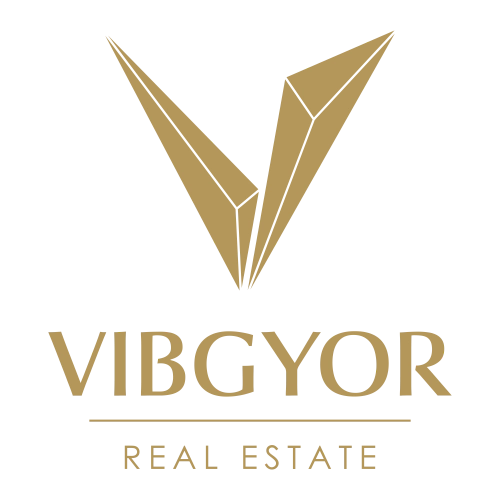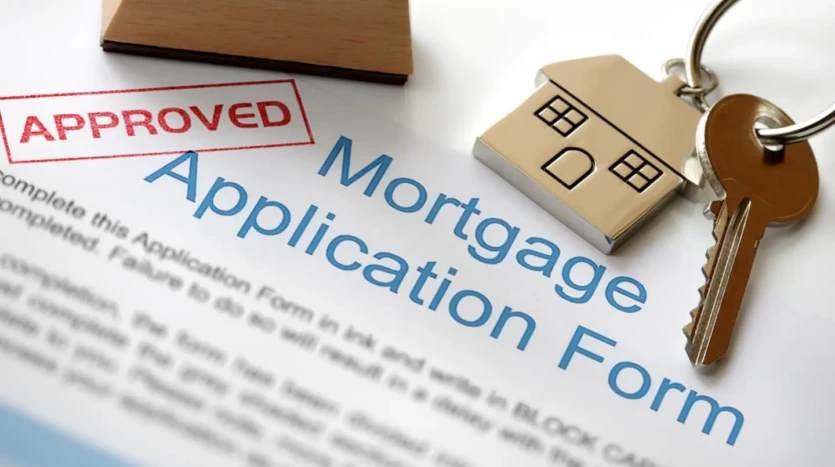How to Get a Mortgage in Dubai
Summary
Purchasing a home in Dubai can be done with cash or a mortgage. Mortgages provide flexibility, allowing buyers to manage finances while investing in property. This guide covers eligibility, required documents, types of mortgages, and tips for securing a home loan in Dubai. We also highlight important considerations for expats and UAE nationals, including salary, deposit, and lender-specific requirements.
Introduction
Buying property in Dubai is an exciting investment, but the process of securing a mortgage can seem complex, especially for first-time buyers. With competitive interest rates, a variety of loan options, and government-backed incentives, mortgages are becoming increasingly popular. Whether you are a UAE national, resident, or expat, this guide will help you understand how to get a home loan in Dubai.
Eligibility Criteria for a Mortgage in Dubai
Whether you are a UAE national, resident, or expat, there are certain criteria you need to meet. Keep in mind that different banks may have slightly different requirements, so the figures below represent the most common thresholds:
- Age: 21 to 65 years
- Income: Most banks require around AED 15,000 monthly for salaried expats and AED 25,000 for self-employed. UAE nationals may qualify with slightly lower income. These are typical figures, but some banks may ask for more or less depending on their policies.
- Employment: At least six months in your current job; self-employed applicants usually need two years of business history.
- Credit Score: Generally at least 650, with some lenders requiring 700 or more.
- Deposit: Typically 20% for expats and 15% for UAE nationals for properties under AED 5 million. Over AED 5 million, the deposit rises to 30% for expats. Individual banks may require higher or lower deposits based on their lending policies.
- Residency: Expats must hold a valid residence visa. Non-residents can purchase in designated freehold areas but may face higher deposit requirements.
Required Documents to Get a Mortgage in Dubai
Documentation is essential when applying for a home loan. While specific requirements may vary by bank, you will commonly need:
- Copy of passport and visa
- Emirates ID
- Salary certificate for proof of employment
- Proof of residence (tenancy contract or DEWA bill)
- Pay slips and bank statements for the last six months
- Latest credit card statements
For non-residents, banks typically require a copy of the passport, three months of bank statements, and a completed mortgage application.
Types of Mortgages in Dubai
Fixed-Rate Mortgages
Fixed-rate mortgages maintain the same interest rate over a set period, giving predictable monthly payments. These usually range from one to five years, after which the loan moves to a variable rate. Terms typically last up to 25 years, and repayment is required before the borrower reaches 70.
Variable-Rate Mortgages
Variable-rate mortgages fluctuate according to the Emirates Interbank Offered Rate (EIBOR) plus a margin. While these may allow you to benefit from falling interest rates, your monthly payments can vary, making them slightly riskier.
Islamic Mortgages
Sharia-compliant mortgages, such as Murabaha (profit-sharing) and Ijara (lease-to-own), avoid traditional interest. The bank purchases the property and either sells it at a profit over time or leases it before transferring ownership to you.
Other Mortgage Options
- Buy-to-let mortgages: For investors planning to rent out property.
- Non-resident mortgages: For buyers outside the UAE; usually require 25–50% deposit.
- Commercial mortgages: For business properties, typically 20–35% deposit.
Step-by-Step Process to Get a Mortgage in Dubai
Step 1: Find a Lender
You can approach banks directly or hire a mortgage broker. Brokers provide market insight, helping you find suitable loans without the hassle of checking multiple banks.
Step 2: Choose the Right Mortgage
Decide between fixed or variable rates, considering the property type, loan amount, deposit, income, and lifestyle. Many banks offer online calculators for estimating monthly payments.
Step 3: Get a Pre-Approval Letter
A mortgage pre-approval letter confirms your borrowing capacity and strengthens your position when making an offer. Banks usually issue pre-approvals in three to five working days.
Step 4: Find Your Dream Home
With a pre-approval, you have 60–90 days to search for a property. Securing the home first without pre-approval may limit your borrowing power.
Step 5: Finalize the Property Purchase
The bank will evaluate the property, and once you agree on a price, pay the deposit and set a completion date. On transfer day, the mortgage funds are released to the seller.
Mortgage Fees and Costs in Dubai
- Registration fee: ~0.25% of the loan amount
- Arrangement fee: ~1% for processing the mortgage
- Property valuation fee: Up to AED 3,500 + VAT
- Brokerage fee: 1–2.5% if using a mortgage broker
Property Insurance
Buildings insurance is mandatory for mortgages; contents insurance is optional. Annual premiums are usually around 0.1% of the property and contents value.
Mortgage Repayments in Dubai
Repayment mortgages involve fixed monthly payments, typically via direct debit. Interest-only mortgages exist but are less common and usually limited to five-year terms. Early repayment may incur a fee of 1% of the outstanding balance or AED 10,000, whichever is lower.
Refinancing a Mortgage
With a competitive mortgage market, banks often offer discounted fixed periods. You can switch deals or refinance, sometimes fee-free, though many banks charge a fee for remortgaging.
FAQS About Mortgages in Dubai
Is it difficult to get a mortgage in Dubai?
Obtaining a mortgage in Dubai is manageable if you meet eligibility criteria and have proper documentation. Pre-approval, good credit, and sufficient savings simplify the process.
Who is eligible for a mortgage in Dubai?
UAE nationals and residents generally qualify if they meet income and age requirements. Expats must hold a valid residence visa, demonstrate stable employment, and meet deposit and salary thresholds. Requirements vary by bank.
What is the minimum deposit for a mortgage in Dubai?
For properties under AED 5 million, the most common deposits are 15% for UAE nationals and 20% for expats. For properties over AED 5 million, deposits are typically 25% for nationals and 30% for expats. Individual banks may require higher or lower deposits.
What is the minimum salary required?
Most banks require a monthly salary of around AED 15,000 for expats, though exact requirements can vary depending on employment sector, residency status, and bank policies.
Mortgages in the UAE: home loans and interest rates in 2025
Mortgage rates in Dubai and the UAE typically range from 2.99% to 6%, depending on lender, property, and borrower profile. Fixed rates are usually 1–5 years, while variable rates follow the EIBOR index.

